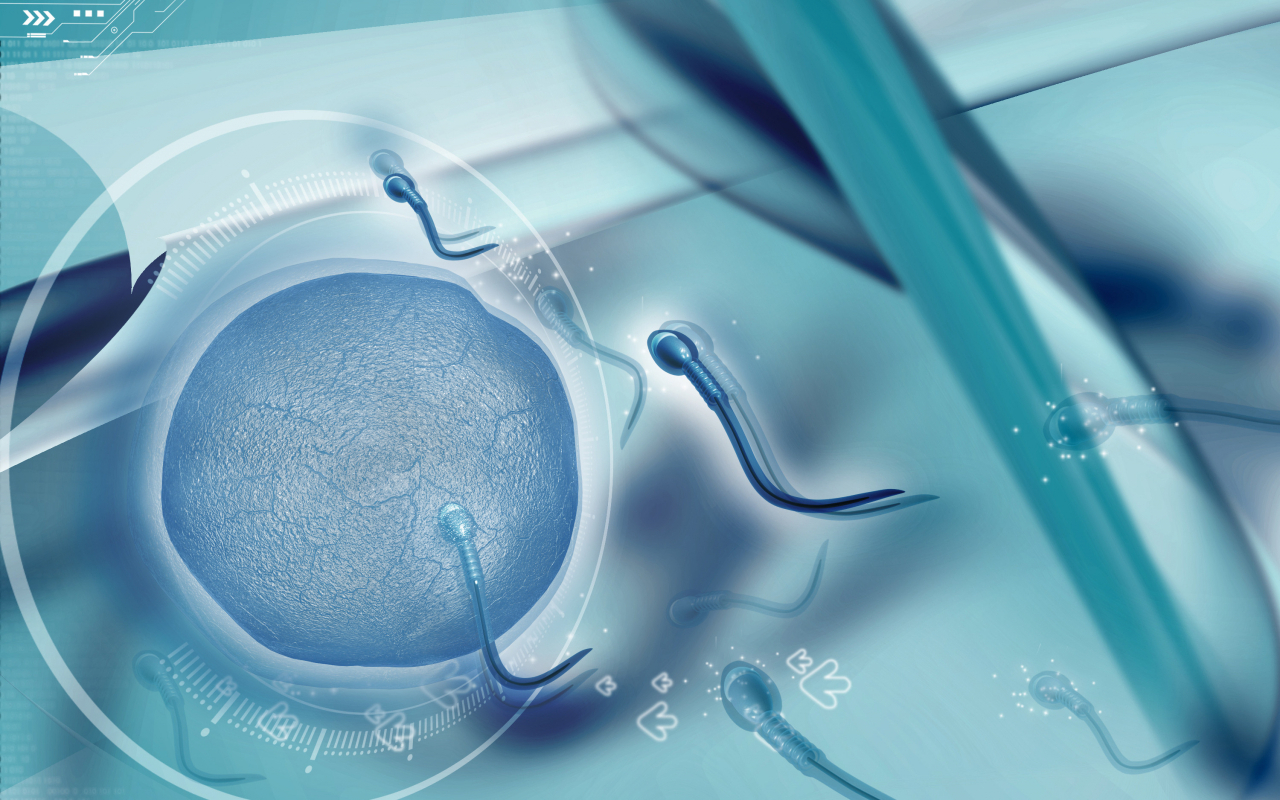
The number of unmarried women opting to freeze their eggs for future use has skyrocketed over the past seven years, as the median age for first marriages has continued to rise, data released Monday showed.
The number of egg-freezing procedures for unmarried women has witnessed a huge increase in recent years, according to data from CHA Medical Group, a health care provider with a network of major medical facilities across the country.
In 2022, there were 1,004 such procedures at CHA, a significant surge from the mere 72 cases reported in 2015.
The total number of egg-freezing procedures for unmarried women, aggregated from the five fertility centers under the umbrella of the CHA Medical Group since 2013, has reached 4,563 cases, according to the Health Ministry.
The majority of egg-freezing procedures for unmarried women were conducted on those over 35 -- the age threshold historically considered "advanced maternal age" for those planning to give birth. Last year, 69.3 percent of the egg freezing procedures for unmarried women were performed on those 35 or older.
According to the American College of Obstetricians and Gynecologists, women's fertility levels are at their peak between their late teens to late 20s and start to decline at around 30, with the decline accelerating in their mid-30s. Pregnant women over 35 are more at risk for complications like miscarriages and birth defects.
“As the ages of marriage, pregnancy and childbirth gradually increase, concerns that it may be difficult to become pregnant when desired seem to be reflected,” Han Ae-ra, a professor of obstetrics and gynecology at CHA University School of Medicine said.
Egg freezing, or oocyte cryopreservation, involves stimulating the ovaries with hormones to produce multiple eggs, retrieving the eggs from the ovaries with a needle and cooling them to subzero temperatures in a lab. The eggs that survive the freezing process are fertilized via intracytoplasmic sperm injection (ICSI).
The number of egg freezing procedures is projected to increase continually. According to CHA Medical Group’s 2020 survey, 69.8 percent of unmarried female respondents responded that they intend to freeze their eggs.
As women's interest in egg freezing grows, more local governments are expected to introduce related financial assistance programs to tackle the nation's record-low birth rate.
Starting Sept. 1, the Seoul Metropolitan Government began offering up to 2 million won ($1,478) to 300 women of Korean nationality of childbearing age who wish to freeze their eggs, in an attempt to address the city's alarmingly low birthrate of 0.59. Cryopreservation usually costs between 2.5 million won to 5 million won and is not covered by Korea's national health insurance. Seoul city's support covers up to half of the costs of the preliminary tests and egg freezing procedure.
The notable upward trend in egg freezing is particularly significant in light of the fact that the monthly number of legally registered newborns recently fell to the lowest figure ever.
The number of babies registered as born in September decreased to 17,926, marking a 20 percent reduction -- or 4,511 fewer births -- compared to the previous year's figure of 22,437.
The South Korean population has been on a continuous decline since November 2019, primarily due to the fact that the fertility rate has fallen so low that the number of deaths outpaces the number of births.








![[Weekender] Pet food makers bet big on ‘recession-free’ pet food market](http://res.heraldm.com/phpwas/restmb_idxmake.php?idx=644&simg=/content/image/2024/05/10/20240510050754_0.jpg&u=20240511163252)










![[What to play] Musical tributes to family in the month of family](http://res.heraldm.com/phpwas/restmb_idxmake.php?idx=642&simg=/content/image/2024/05/09/20240509050795_0.jpg&u=)